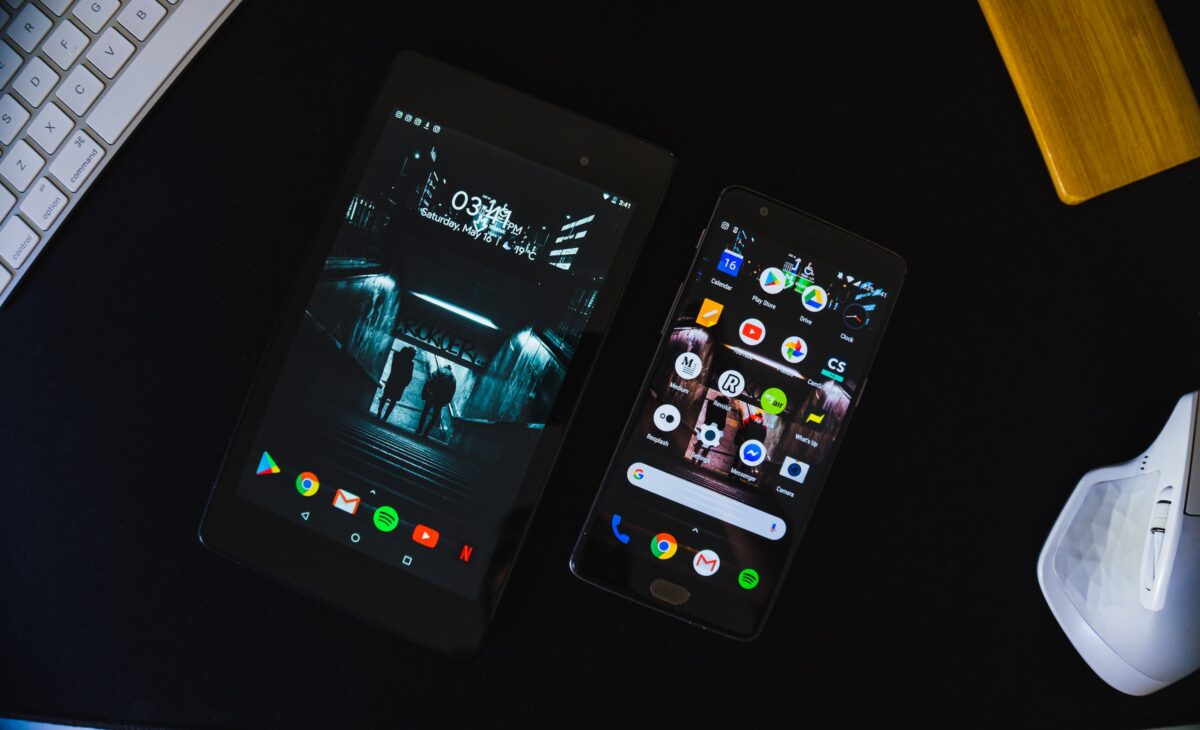Have Smart Phone, Will Travel – But Be Careful!
One of the great things about living in this age of smart phones and wi-fi devices is that it makes getting connected to the internet pretty easy, no matter where you are. That includes when you are traveling in a different country. The information networks are functional in something like 85% of the world now and that means that you can go just about anywhere and be able to use your smart phone to browse the web, check email, and find out specific information about your destination.
Just one problem- the availability of informational networks doesn't actually mean that the information is cheap. A recent trend in consumer complaints has been that of contesting data bills incurred while traveling abroad. Since we all know that most people are too meek to voice their displeasure at most things, this can only mean one thing: we are all getting ripped off!
Take, for example, the case of Paul Martinez, a resident of Boston, Massachusetts who took a weekend trip to Toronto for a baseball game. His total time in Canada was less than 48 hours. His total time using his handheld device was less than two hours. His bill? $675. Ouch, that's a lot of popcorn and peanuts.
Martinez isn't alone in getting stuck with a massive bill. The problem is that wireless don't have to restate their terms of roaming, using foreign networks, or extra charges once you have signed the agreement. They've done their job and if we don't read the fine print, that's really all of our problem. By not knowing the details, consumers set themselves up to be gouged.
For every guy like Martinez who is willing to talk about his bill there are a hundred others that don't say anything. The data companies are making money hand over fist and they aren't likely to change the way they do things.
One way to keep yourself from getting into trouble is to call your phone carrier before you travel. Companies like AT&T offer data plans that are only slightly higher for international use than they are in your home country. At the very least, call your carrier before any travel.
A second precaution is to either shut your phone off or put it in flight mode when you are not using it. This keeps you from being charged for incoming calls, e-mails, and texts.
If you are using a wi-fi device, make certain that you have configured it properly so that you are actually using the wi-fi and not a secondary data connection. On some phones the applications each have to be set individually, so make sure you have everything figured out before you cross any borders.
There are also a number of ways that you can limit your phone use while traveling or save on spending too much. One is to use VOIP (voice over internet protocol) services like Skype, Pingo, and Google Voice for calling back home. If you are using wi-fi, you can actually use your hand-held device for this but otherwise you will find most cyber-cafes abroad are set up for using them. All three services offer cheap calling plans with access numbers in just about every country you may travel in. International calls cost as little as $.02 per minute. You'd have to do a lot of talking to get a $700 phone bill with that rate.
Another factor to be aware of is that often you won't be able to use your device at all when you are traveling overseas. Many carriers have 'locks' on their phones which will prevent use outside of the home country. These can be hacked fairly easily, but if your phone is operating on a different band (for example the USA uses CDMA while most of Europe uses GSM networks) , then there is nothing you can do but put your phone away or buy a new phone while you travel.
If buying a new phone sounds unreasonable, think again. Cheap phones can be bought for anywhere from $10 to $1000 in most countries. Since most countries operate using SIM cards, you may need to get a new SIM in the countries you are visiting. This is usually a cost of something like $20 and includes anywhere from 20 minutes to an hour of prepaid talking time. So, you can spend about $40 and have enough cell juice for most trips and a new phone as a souvenir when you go home.
Most Americans aren't aware that most of the world uses prepaid services and that they are significantly cheaper than the expensive contracts which are used in the USA. In addition, the USA is one of the few countries that charges you both ways- incoming and outgoing. In civilized nations, no one would think to charge you for someone else deciding to call you. So, getting a new phone and SIM while abroad can be liberating for US citizens and useful for everyone else.
Of course, the other side of this is that those traveling to the States are in for a nasty surprise when they purchase data. Pre-paying in the USA is both more expensive and less efficient than in other countries.
All of this will help you to understand why a big phone bill could come your way if you don't think ahead about your data usage and cell use before traveling abroad. For Americans using i-Phones, a good solution is to purchase an international data plan from AT&T or Verizon which can be bought in terms of monthly time or in terms of kilobytes.
Also, make sure that you do all of your downloading before you leave your home country. You never know how much it's going to cost you to use data networks. Talk to your cell carrier/data provider before you travel. Find out if they will notify you when you reach certain limits. In many cases you can request this even if the company does not provide it as a regular service.
Probably the best suggestion is that you put your phone away when you travel. Enjoy the world, your phone will still be there when you get back home.
Advertisement




















Where ever one may travel, he or she can get in touch with many different peoples and cultures. It is beneficial to see other ways of living in order to improve our own.
If you want inspiration or just a plain and simple get away from it all, seeing and living (even for short periods) in different towns and cities, different landscapes will surely help you.
Saint Augustine (famous Christian Theologian from ancient Rome),once said: “The World is a book, and those who do not travel read only a page.â€
I think he was right.
“In addition, the USA is one of the few countries that charges you both ways- incoming and outgoing. In civilized nations, no one would think to charge you for someone else deciding to call you.”
This is actually a good thing. I live in Hong Kong, where it is the same procedure and it works great. I used to live in Europe where it was the opposite and you don’t pay for incoming calls.
When I first moved out to HK, I thought, WTF, I have to pay for calls if someone calls me, how annoying is that. Now, being in HK for several years, I think this is great and am frustrated with the European model of doing things.
Reason is it means that you can call HK mobiles for the same price as a landline, and calling mobiles from landlines is pretty much free. Also people from abroad can call my HK mobile for the same price as calling a landline (i.e. very cheap).
While in Europe, the cost of calling a mobile is crazy expensive.
The net result is that calling prices in HK are very cheap, so even if you do have to pay for incoming calls, its much cheaper. In any case, if you are on a contract you get so many free minutes, you will never hit your limit on both incoming and outgoing calls.
As for prepaid, the incoming calling rate is so small, it you hardly even notice it.
I go to Canada alot for work, my setup is jailbroken & unlocked iphone + Rogers prepaid sim card + google voice. I don’t know about forwarding voice calls to my canadian number since I don’t use voice, but I get and send texts just the same as if I was in the US, plus I get the unlimited data from the Rogers SIM.